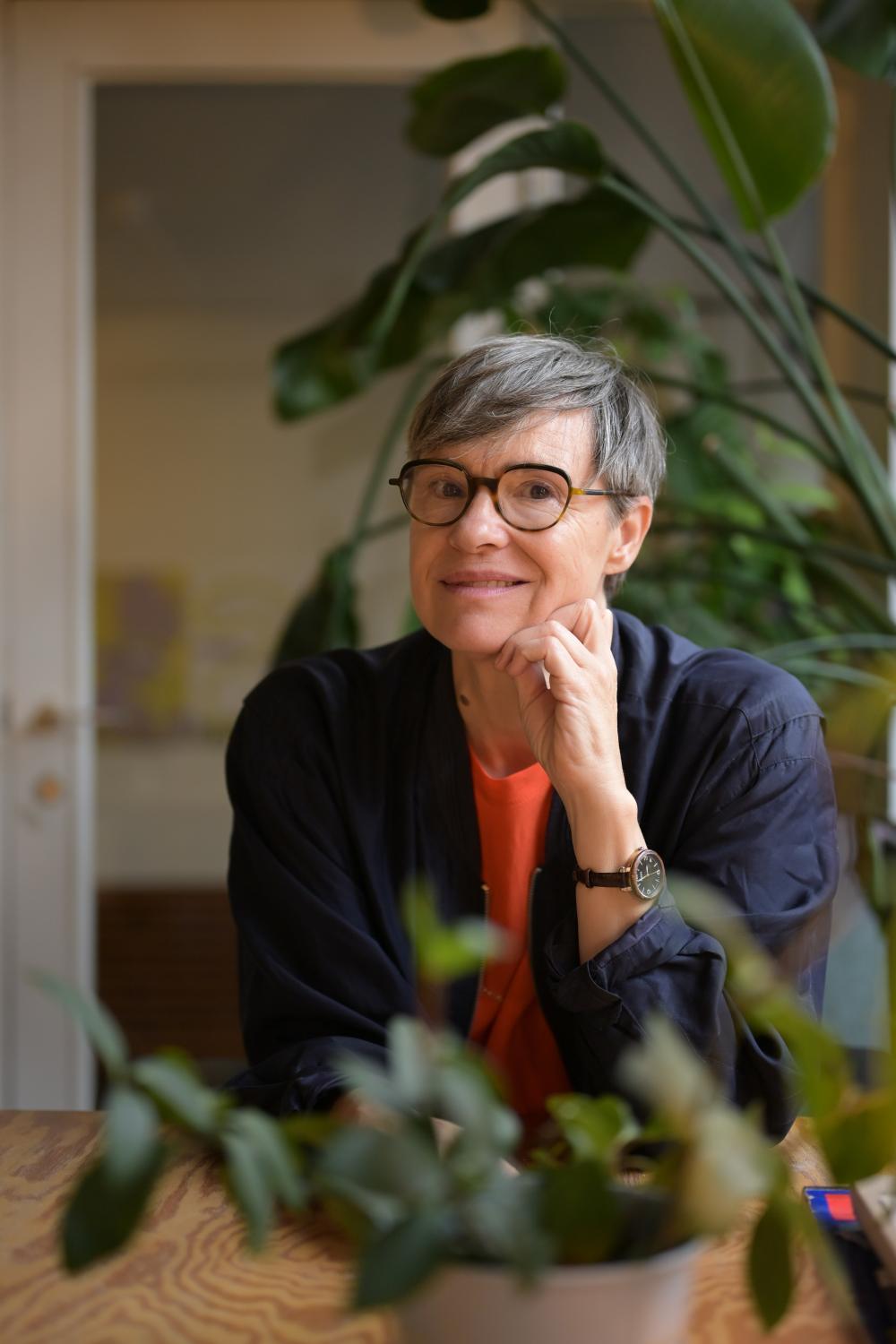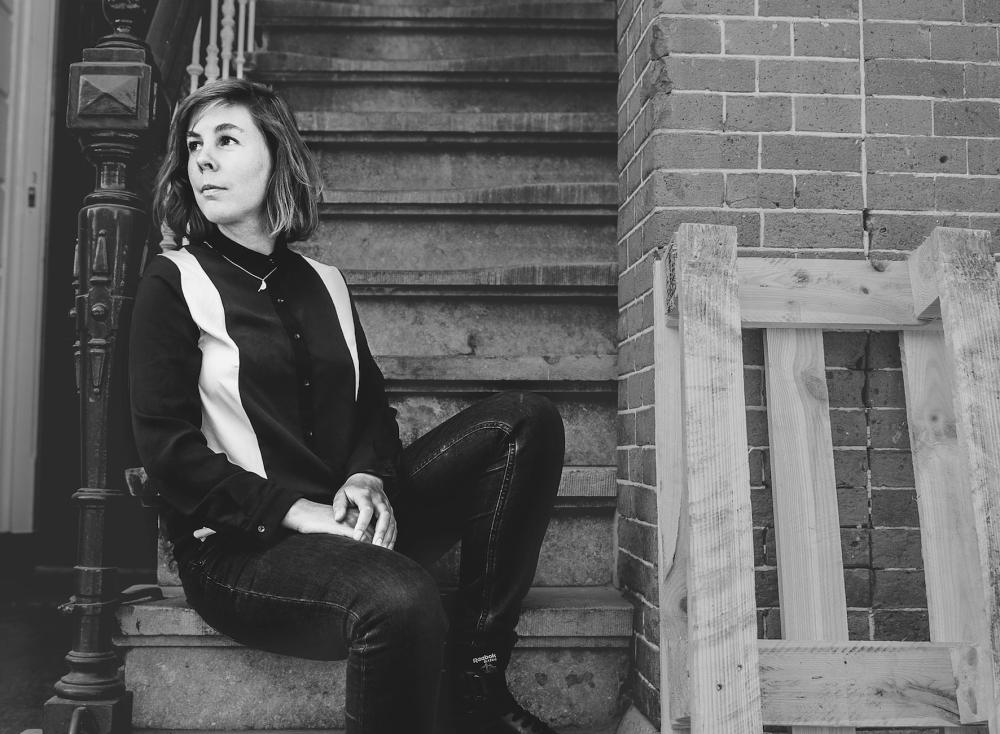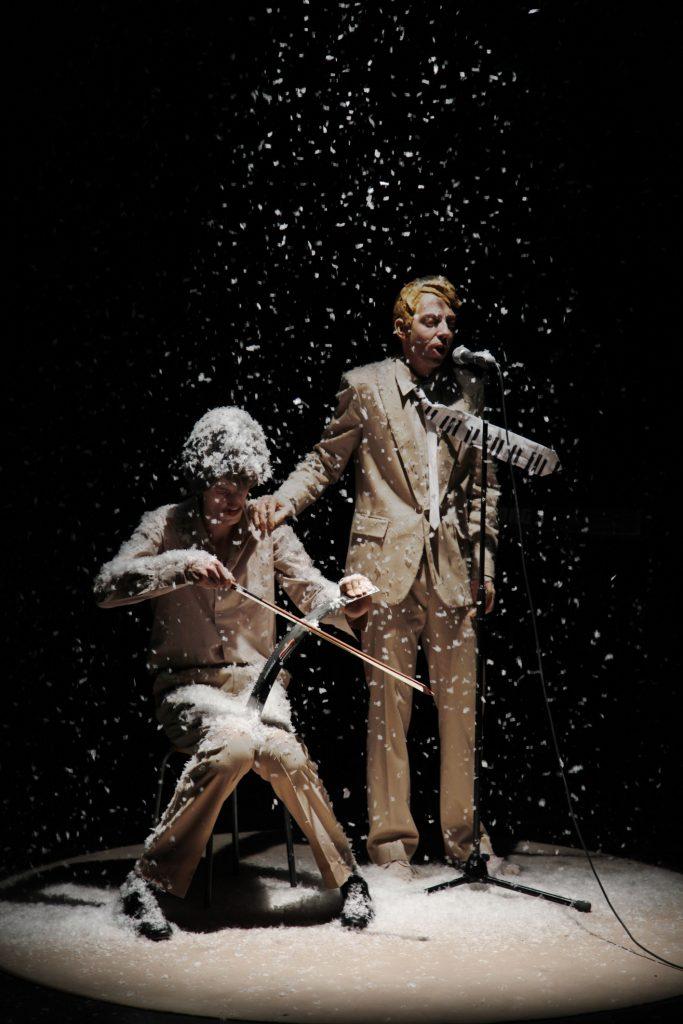More-than-parenting
A day of conversation, imagination, embodiment, inspiration and reflection
Parenthood is the norm and is seen as the main source of meaning. We also see parents increasingly breaking the taboo with stories about the tension between their complex experiences and societal norms around parenthood. More and more people (1 in 5 in Europe) are not becoming biological parents. As (still) non-parents, we also often have to deal with societal expectations and judgements, while seeking recognition for more and diverse forms of meaningful caring, solidarity, sustainable living. Or: how can we be (still) non-parents and more-than-parents at the same time? That is what we want to explore together.
More-than-parenting is a small-scale meeting about large-scale themes. We mainly work collectively and speaking, and sometimes we work visually and embodied. We look for connection, regardless of all differences between people - in age, gender or specific relation to the theme. The day is shaped by Emke Idema, Barbara Van Lindt and Hans Bryssinck; all three without children and with their own stories. They each have a relationship to the (performing) arts and for this day they bring together their expertise from the arts, narrative practices and pedagogy to create a gathering they would like to attend themselves.
Who is it for?
This meeting is for anyone who recognises themselves in one or more of these descriptions:
• For whom not being a parent (yet) is an issue. Both for those who could still parent biologically and for those who do not (yet) have that option.
• for those who want to question the prevailing social images and prejudices and put something else up against them.
• for those who want to look beyond (initial) grief over childlessness
• for those who see dealing with loss, searching and uncertainty as an art of living
• for those who are looking for companions, discussion partners and sources of inspiration.
• for women, men and people elsewhere on the gender spectrum
• for people at all stages of life. We would like to engage in intergenerational dialogue on this theme.
Narrative practices
Narrative practices are based on the idea that we give meaning to our world through the stories we tell, and that those stories simultaneously define our world. We embody those stories, they impact our environment, our relationships, and how we view the present, the past and the future. We want to break open the stories that limit us in order to increase our power to act (agency). We want to look for new ways to tell our lives and their possibilities to ourselves and others.
Through focused questioning, listening and documentation in conversation, we seek to create a powerful web of stories together. We assume that each person is an expert in their own life and expresses themselves in their own language.
More-than-parent
The term more-than-parent is a variant of the concept more-than-human, which is used in climate studies, philosophy, ecology and other disciplines. A more-than-human approach does not take humans as its centre, but assumes all beings: plants, animals, humans, ecosystems and even technologies, and sees connectedness and dependence between them.
The more-than-parent perspective works in a similar way: it broadens the view. It explores what other forms of caring, being together, living and passing on can exist. Moving beyond the binary opposition of parent versus non-parent can contribute to a society with more more solidarity and more care.
For now, this initiative is for people who are not biological parents.
• Emke Idema is an artist and teacher who develops games and other interactive art. She wants to make it possible to explore one's own actions, behaviour and thinking in relation to others and in relation to prevailing systems and narratives. She lives in Amsterdam.
• Barbara Van Lindt is coordinator of Kaaitheater in Brussels and previously led an international master's programme in performing arts. She lives in Antwerp.
• Hans Bryssinck is an artist, filmmaker and teacher with a strong interest in narrative practices and critical pedagogies. He teaches performance at the School of Arts (Ghent) and narrative practices for education and community work in Puebla (Mexico). He lives between Mexico City and Brussels.


